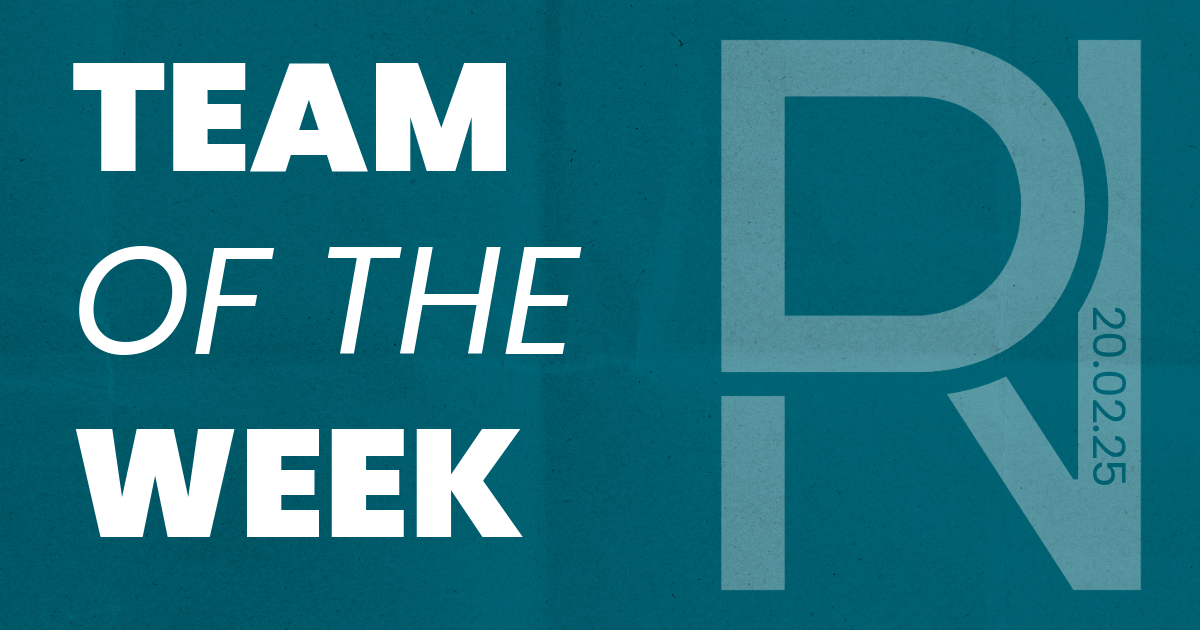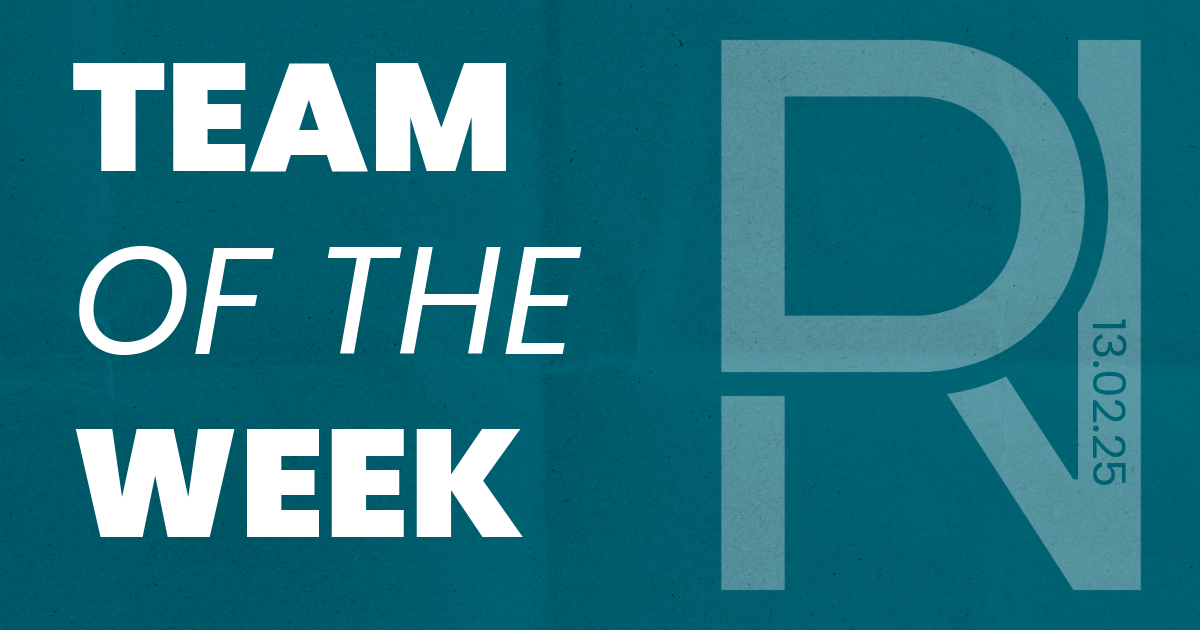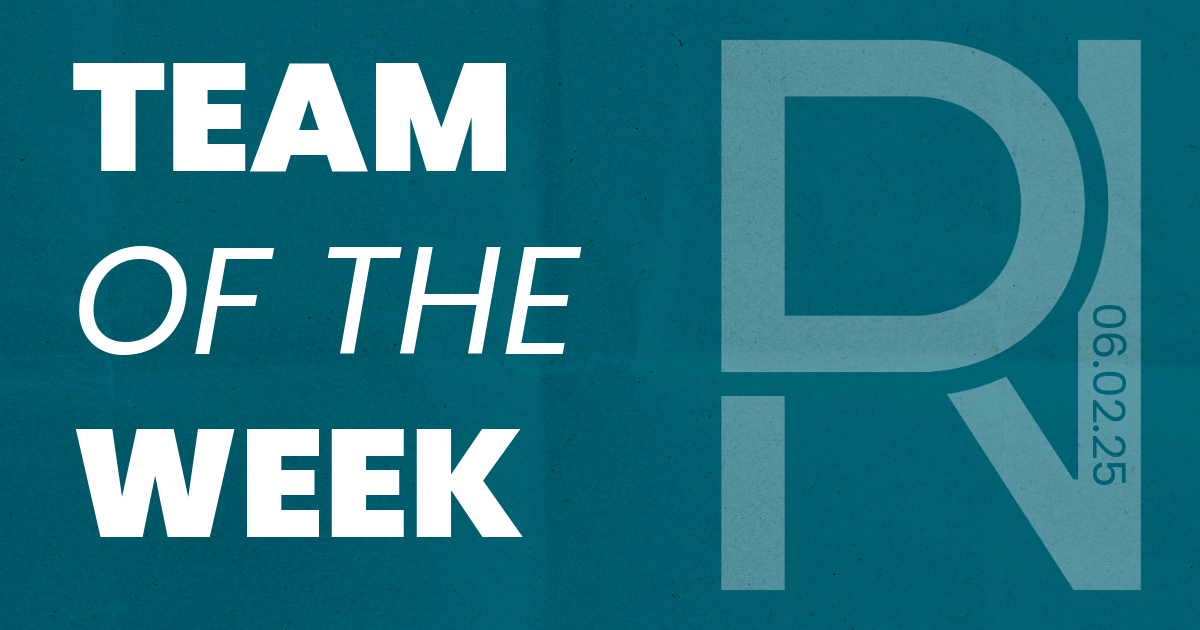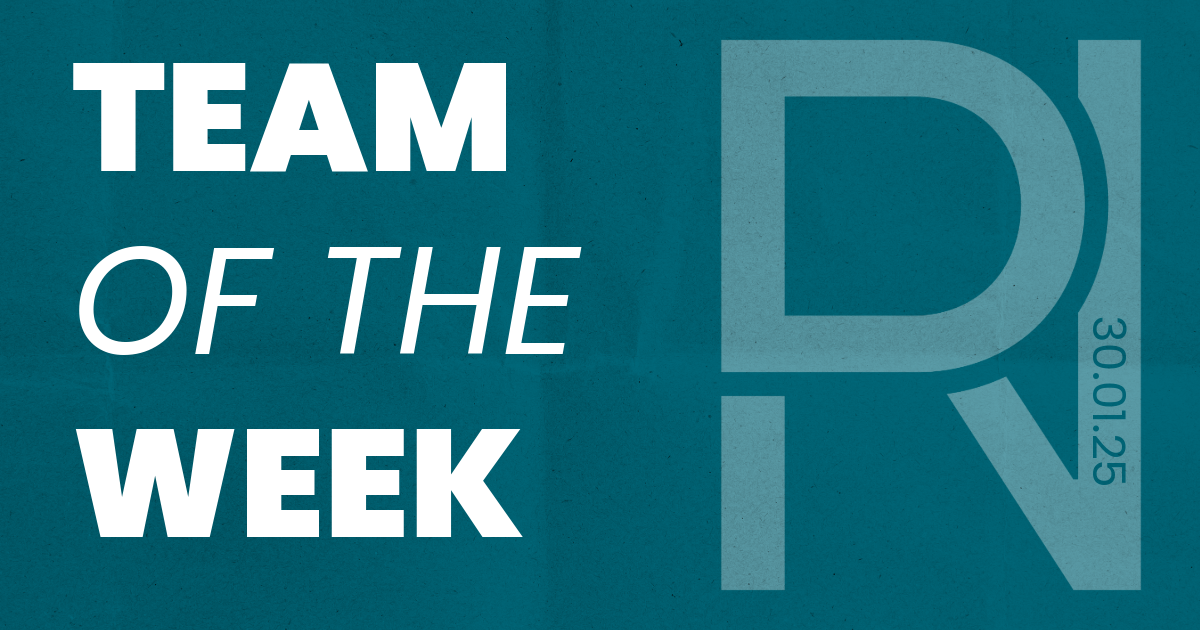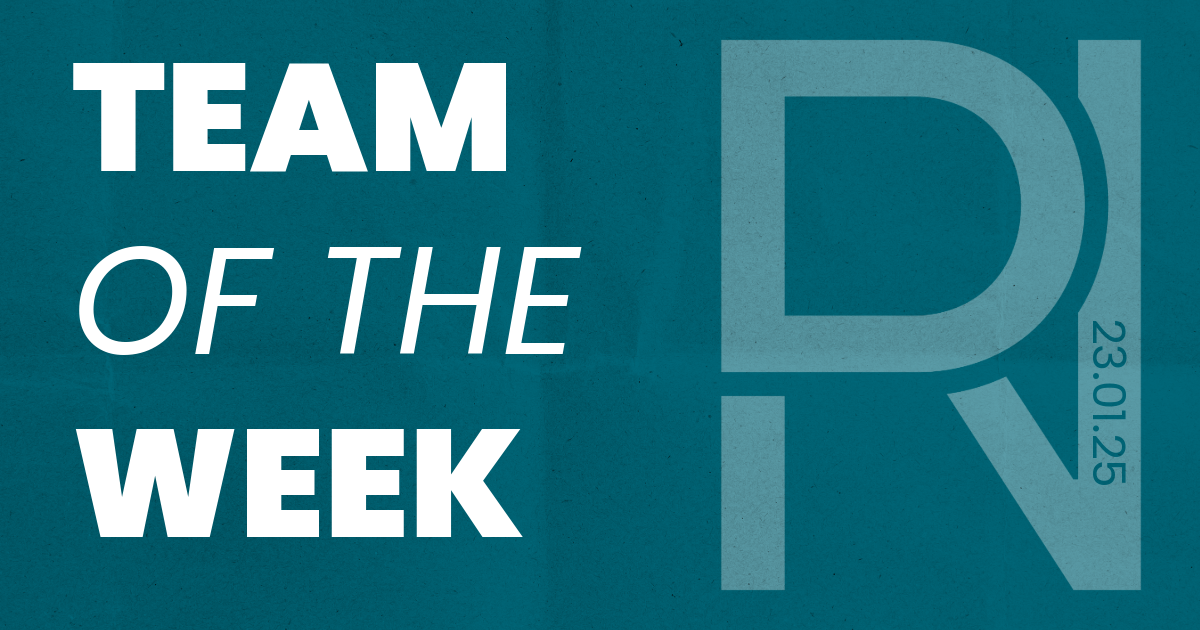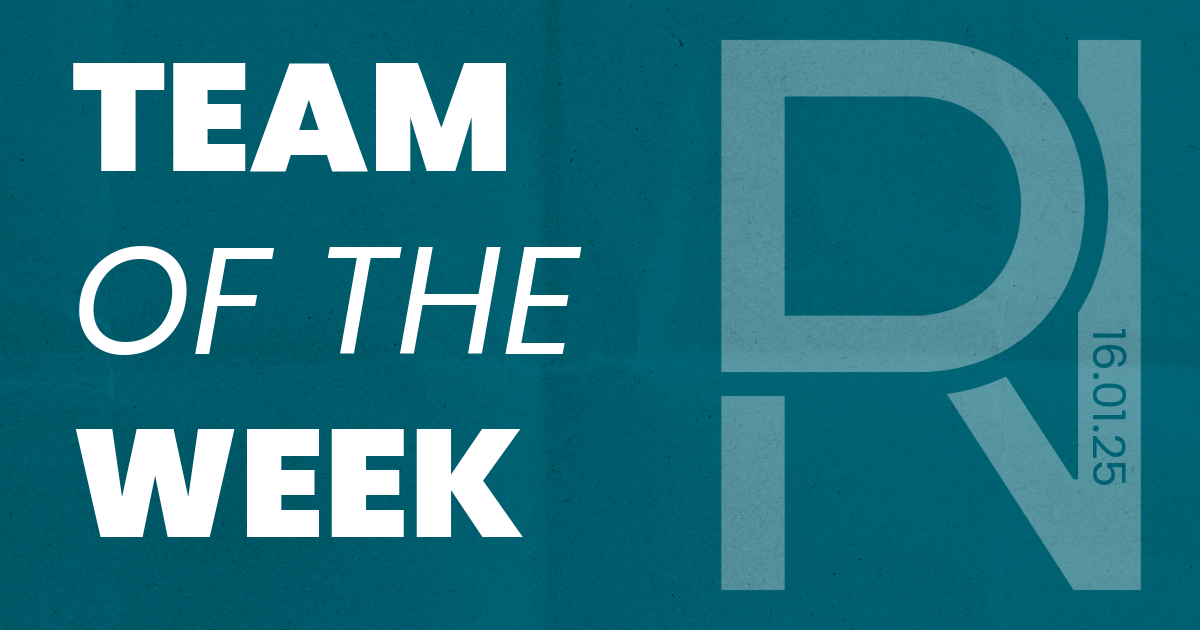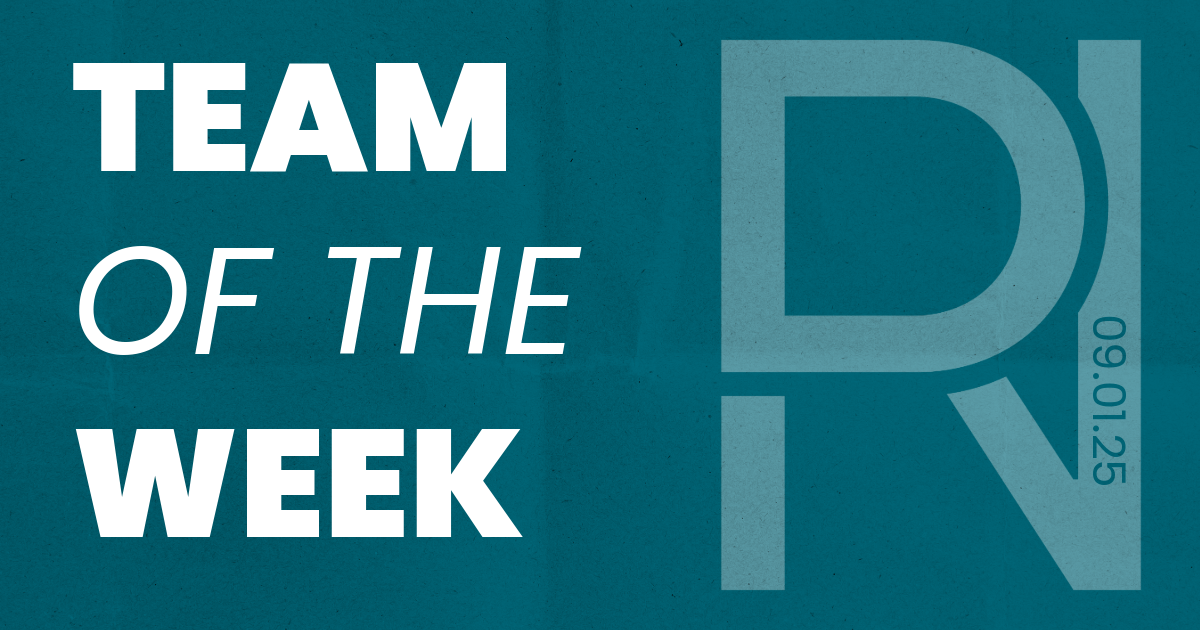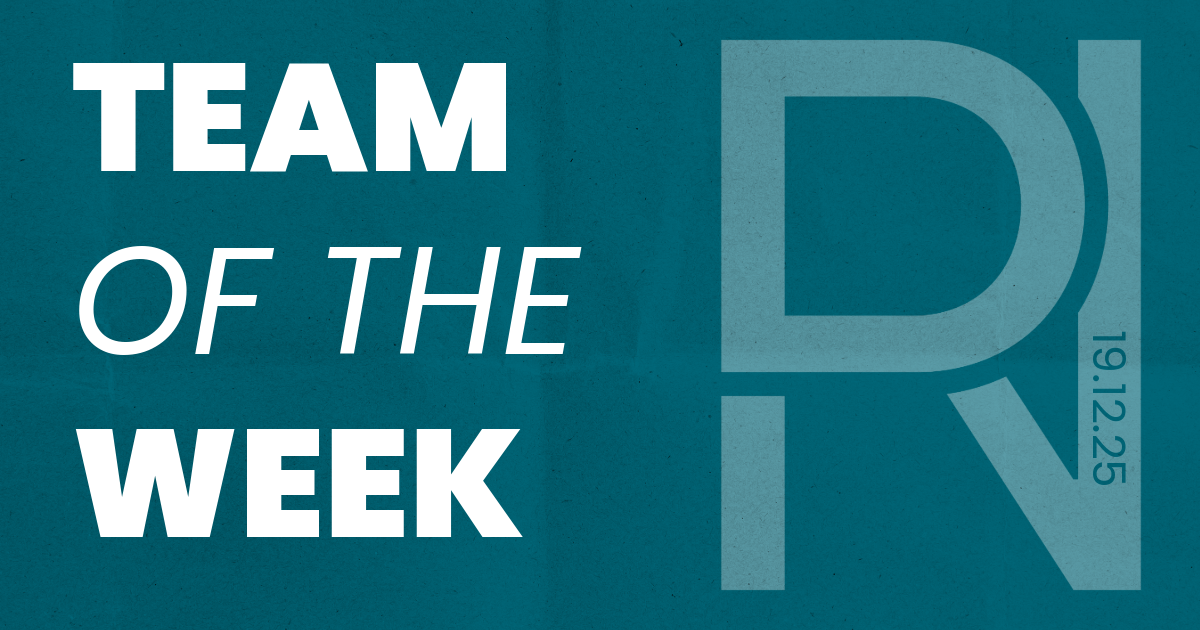Patagonia: The truest example of authentic purpose-led PR we have ever seen
Our MD, Nick Rewcastle, offered his thoughts on Patagonia and authenticity to PR Week. The full article, dated 16 September 2022, is available here, and below.
Patagonia’s only shareholder is now the Earth. The outdoor clothing brand lives and breathes the outdoors, with the planet at the heart of its everyday activity. From its inception, Patagonia has committed itself not only to providing a high-quality product, but also to negating the devastating effects of ecological destruction going on around us.
Patagonia was started as an experiment in responsible business. It was founded by craftsman and self-confessed accidental businessman Yvon Chouinard in 1973. In 2002, the company committed to giving away one per cent of its profits to grassroots sustainability and environmental causes.
Many would argue that Patagonia is the undisputed world leader in its approach to the planet. Having sustainability at the core of business objectives from the get-go has shaped its PR strategy, moulding its messaging quite differently from pretty much any other brand in the world.
There’s not that expected and all too common hard sales narrative, invasive PR campaigns and self-indulgent coverage across owned or earned platforms. The reality is real-life issues highlighted and the brand’s mission clearly narrated as being to resolve them. Consistent messaging over decades has delivered what we are now seeing.
No other brand has made such a commitment to any societal crisis. Patagonia has created, through impactful communications, a real sense of brand advocacy for its consumers. Its customers share its journey to ‘save the planet’.
Last year, Patagonia changed its marketing messaging around Black Friday, pledging to donate all online and retail profits from the day. The message resonated with the brand’s customer base, with one referring to it as a “fundraiser for the Earth”. Against the backdrop of a general dip in Black Friday revenues across the US, a record $10m was donated to non-profits working to improve sustainability through protecting air, water and soil for future generations.
Since 2018, the company’s purpose has been: “We’re in business to save our home planet.” Simply put, without more resources pledged to protect the Earth, there will be no businesses and no brands. Patagonia’s commitment to sustainability was even recognised in last year’s widely publicised and highly regarded Laureus Sport for Good Index.
This week, Patagonia announced the transfer of its profits after reinvestment into two charitable trusts. The company could have taken a different path, selling the brand and donating the proceeds, or going public – but this would have led to inevitable pressure for short-term gains from investors.
The brand’s approach has always been to get the bills paid and to be a platform for influencing change within its customer and supplier communities. It’s the truest example of authentic purpose-led PR we have ever seen. And it also acts as a call to other brands to consider their approach and commitment.
This week’s media coverage, widespread from The New York Times to the second-most-viewed article on BBC News, wasn’t a purely commercial exercise. It was a genuine example of telling the story of how Patagonia plans to use its purpose-first approach to fight climate change – and how others can join it, too.
Share via:

Sport and impact focused PR and communications agency, New Reach, has renewed its partnership with Hampshire Cricket and the iconic Utilita Bowl for a fourth consecutive year. This continued collaboration underscores New Reach’s commitment to delivering exceptional PR and media relations that has amplified profile for the club and venue, alike. Since 2022, New Reach has worked closely with Hampshire Cricket to deliver strategic media relations, innovative campaigns, and impactful storytelling that showcase the club’s achievements both on and off the pitch. New Reach has led PR campaigns including the historic solar project in partnership with Utilita, established new and improved relationships with media brands, driven global announcements and managed key media moments including media days, the signing of cricketing icon Ellyse Perry and the club’s acquisition by GMR Group. Throughout 2026, New Reach will closely align with a new-look team at Utilita Bowl, delivering PR strategy across key moments inside and out of cricket. This will include The Hundred in its new format, the stadium’s 25 year anniversary, positioning the club and venue as leaders across T20, women’s and international cricket, ongoing cricket and regional media engagement, celebrating impact in the community and placing the club’s leaders at the heart of the industry. Nick Rewcastle, Managing Director at New Reach, commented: “We’re thrilled to extend our partnership with Hampshire Cricket for another year. Utilita Bowl is one of the most exciting venues in global sport and entertainment, and we look forward to continuing to help Hampshire Cricket and the venue tell its story and connect with audiences in meaningful ways. “Every year is an exciting year at Utilita Bowl, and we’ve enjoyed working across such a variety of powerful projects and initiatives. 2026 is set to continue in that trajectory, but with some new faces internally at the club and the first full year of new ownership. We’re truly looking forward to backing the Rose and Crown again this year.” Jonathan Peace, Head of Brand, Digital and Marketing at Utilita Bowl added: “New Reach has been an invaluable partner in elevating our communications strategy. Their expertise and creativity have helped us build stronger relationships with fans and media alike, and we’re excited to see what we can achieve together in 2026.” With deep-rooted expertise in sport, media and events, New Reach crafts tailored campaigns across PR, social media and video that inspire action and create lasting impact. New Reach’s commitment to transparency and authenticity drives everything the agency does, with partnerships going beyond business; ensuring every collaboration is rooted in integrity, trust, and a shared purpose. New Reach will not compromise trust, morals or rules to profit.

Sport and impact focused PR and communications agency, New Reach, has renewed its partnership with Hampshire Cricket and the iconic Utilita Bowl for a fourth consecutive year. This continued collaboration underscores New Reach’s commitment to delivering exceptional PR and media relations that has amplified profile for the club and venue, alike. Since 2022, New Reach has worked closely with Hampshire Cricket to deliver strategic media relations, innovative campaigns, and impactful storytelling that showcase the club’s achievements both on and off the pitch. New Reach has led PR campaigns including the historic solar project in partnership with Utilita, established new and improved relationships with media brands, driven global announcements and managed key media moments including media days, the signing of cricketing icon Ellyse Perry and the club’s acquisition by GMR Group. Throughout 2026, New Reach will closely align with a new-look team at Utilita Bowl, delivering PR strategy across key moments inside and out of cricket. This will include The Hundred in its new format, the stadium’s 25 year anniversary, positioning the club and venue as leaders across T20, women’s and international cricket, ongoing cricket and regional media engagement, celebrating impact in the community and placing the club’s leaders at the heart of the industry. Nick Rewcastle, Managing Director at New Reach, commented: “We’re thrilled to extend our partnership with Hampshire Cricket for another year. Utilita Bowl is one of the most exciting venues in global sport and entertainment, and we look forward to continuing to help Hampshire Cricket and the venue tell its story and connect with audiences in meaningful ways. “Every year is an exciting year at Utilita Bowl, and we’ve enjoyed working across such a variety of powerful projects and initiatives. 2026 is set to continue in that trajectory, but with some new faces internally at the club and the first full year of new ownership. We’re truly looking forward to backing the Rose and Crown again this year.” Jonathan Peace, Head of Brand, Digital and Marketing at Utilita Bowl added: “New Reach has been an invaluable partner in elevating our communications strategy. Their expertise and creativity have helped us build stronger relationships with fans and media alike, and we’re excited to see what we can achieve together in 2026.” With deep-rooted expertise in sport, media and events, New Reach crafts tailored campaigns across PR, social media and video that inspire action and create lasting impact. New Reach’s commitment to transparency and authenticity drives everything the agency does, with partnerships going beyond business; ensuring every collaboration is rooted in integrity, trust, and a shared purpose. New Reach will not compromise trust, morals or rules to profit.

